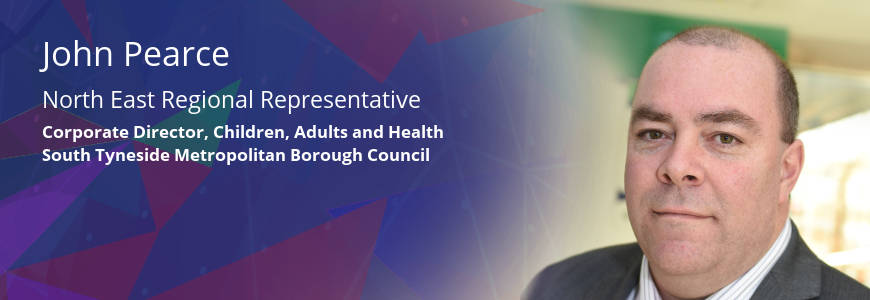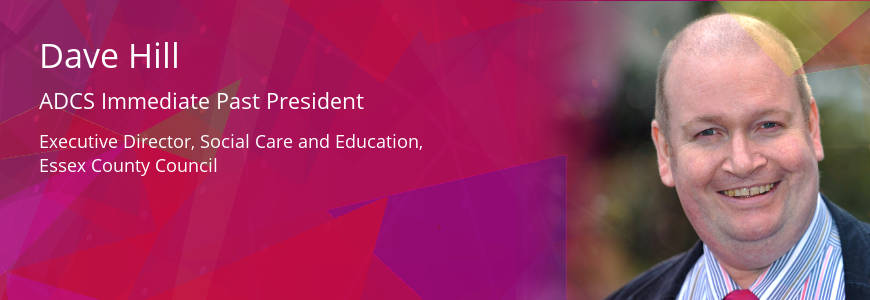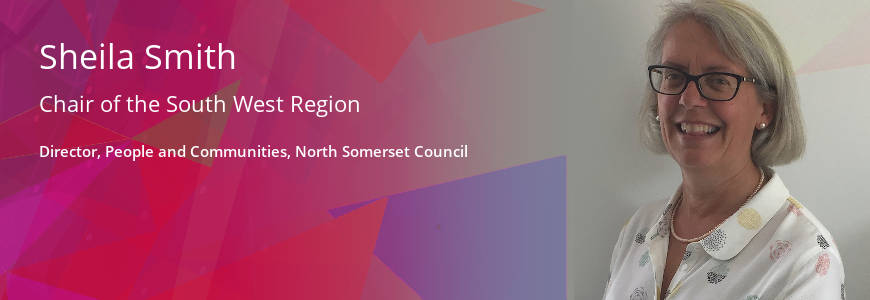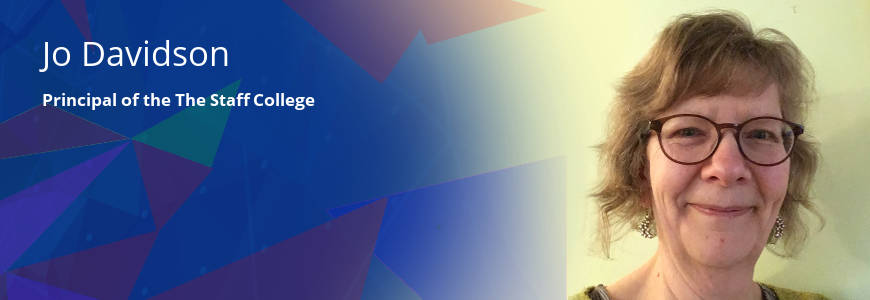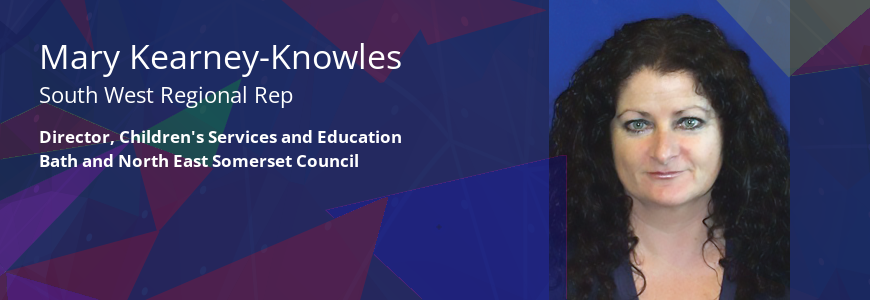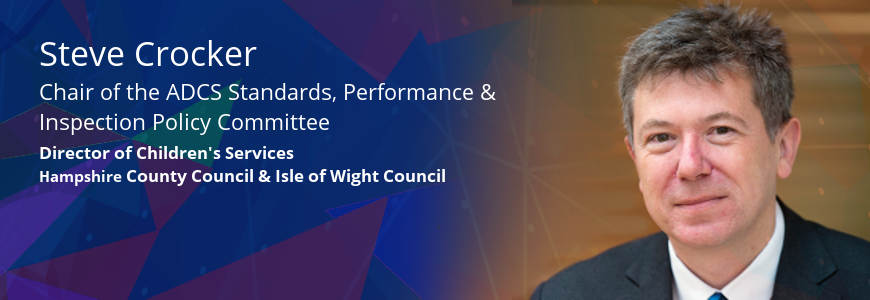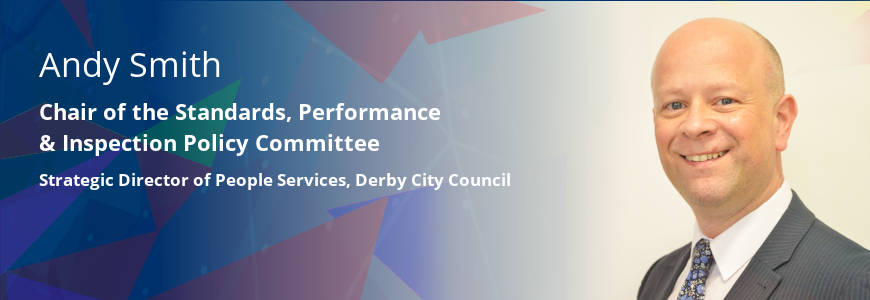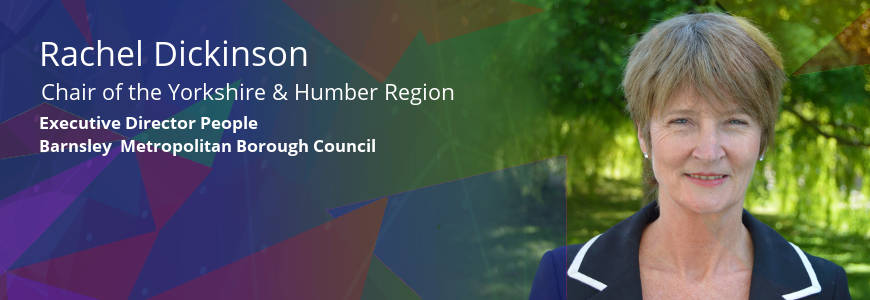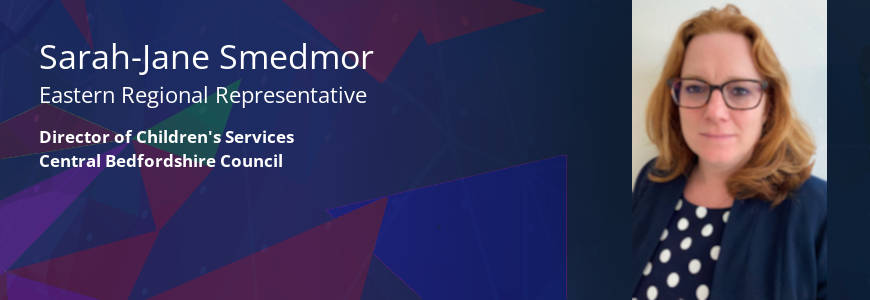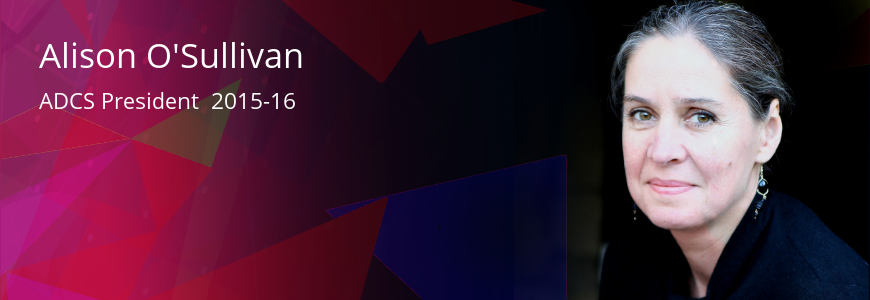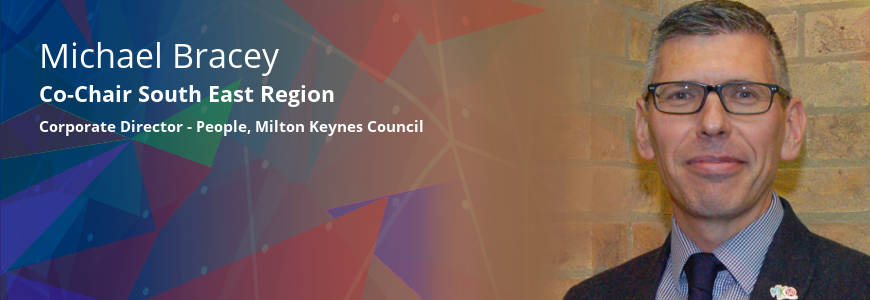Supporting our neighbours
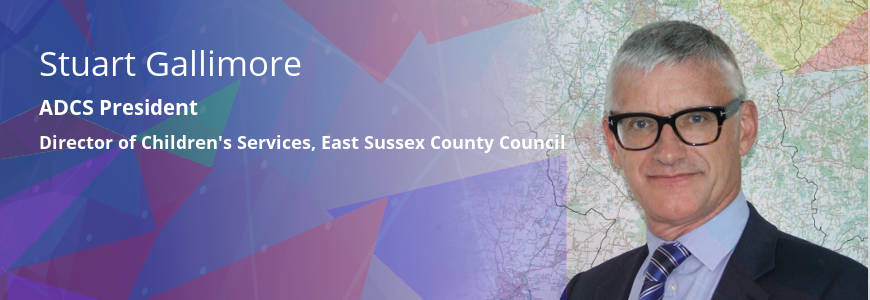
Last week’s blog by Steve Crocker, Chair of the ADCS Standards, Performance & Inspection Policy Committee, got me thinking about improvement in children’s services. Over the past few years this has been a contested arena with a wide range of opinions on the type of support that is needed and where it might come from. In my view, key to success is always to be very clear about the needs assessment and a clear outcomes framework to commission against. For some, the arrival on the scene of Regional Improvement Alliances could be viewed as an added complication. However, they provide a real opportunity for authorities to work together to challenge and support each other to improve outcomes. Support from our neighbours is especially important now as we face significantly increased demand for our services with depleted budgets. As Steve touched on, RIAs will be operating in shadow form in the first year - this will be key to developing something that works and makes sense in each region driven by directors of children’s services and supported by those with an interest in improvement. Although sector-led improvement is nothing new to local authorities I am sure that there will be some real lessons to be learnt from what works, and crucially what doesn’t, during this set up year.
When a local authority receives a poor inspection judgement, there is a tremendous amount of pressure from all quarters to take decisive action before the dust has even settled. It is so important that we, as leaders, fully take stock, develop a clear, overarching narrative and a suitable improvement plan and, crucially, ensure the right support is brokered to assist with the transformation of services. Rushing this risks children’s outcomes.
In the fall out of a poor inspection result the director of children’s services can be overwhelmed with offers of help and support, some more welcome than others, some paid for, some not. The inspectorate and the Department for Education (DfE) will of course have a view about next steps too. Down the years the DfE has taken an eclectic approach to securing improvement - alternative providers have been commissioned, new operating models and partnership ventures have been created. It’s fair to say the results have been somewhat varied but this is not entirely unexpected given the complexity of commissioning (and delivering) children’s services and the weight of expectations. To systems as complex as children’s services there’s definitely no one size fits all solution to improvement.
Thankfully, we are now in a place where we routinely see local authorities being contracted by central government to support colleagues post-inspection. The Partners in Practice programme (PiPs) is breaking new ground in terms of formalising long-standing collaborative sector-led arrangements and central funding is bolstering capacity in a more systematic way. This feels like a helpful space to be in, but we can’t rely on a handful of PiPs to do it all. ADCS believes that PiPs could commission other local authorities to support colleagues with specific aspects of their improvement journeys in the future, some assurance and oversight will of course be required. I understand there is some nervousness within the DfE about this approach but here at ADCS we are clear that everyone has something to offer and something to learn. Whether it’s care leaving services, youth offending, adoption or school improvement, there are talented practitioners working tirelessly and creatively to achieve better outcomes for children and families right across the country.
Related Blog Articles
As in all other regions the North East ADCS group has been investing...
In Inspection & Improvement
It’s exactly a year since I last wrote a blog for ADCS and my what a year it...
In General
I will be retiring in the summer (I’ve always tried to follow Steve...
In Leadership
For the umpteenth time in the last few months I have read articles by...
In General
I want to start this blog with a quote from Francis of Assisi “Start by doing...
In Care
As a proud participant in ‘cohort 2’ of the national DCS programme in 2010,...
In Leadership
I like to think the start of the new school year offers an opportunity to renew...
In General
In a rapidly changing world, the concept of improvement has taken centre stage....
In Inspection & Improvement
I am a bit of a closet Elvis fan and the lockdown has led me to explore the...
In Inspection & Improvement
When I qualified as a social worker in 1995 BSG (Before the Spice Girls) we’d...
In Care
This week saw directors of children’s services (DCSs) from the 15 councils of...
In General
In the Eastern region we pride ourselves on a long and successful history of...
In Inspection & Improvement
First a comment about blog changes … having blogged almost single-handedly...
In Inspection & Improvement
The National Children and Adult Services Conference 2017 opened on Wednesday 11...
In General
The secret to a good peer review is a great team. In any review there’s...

